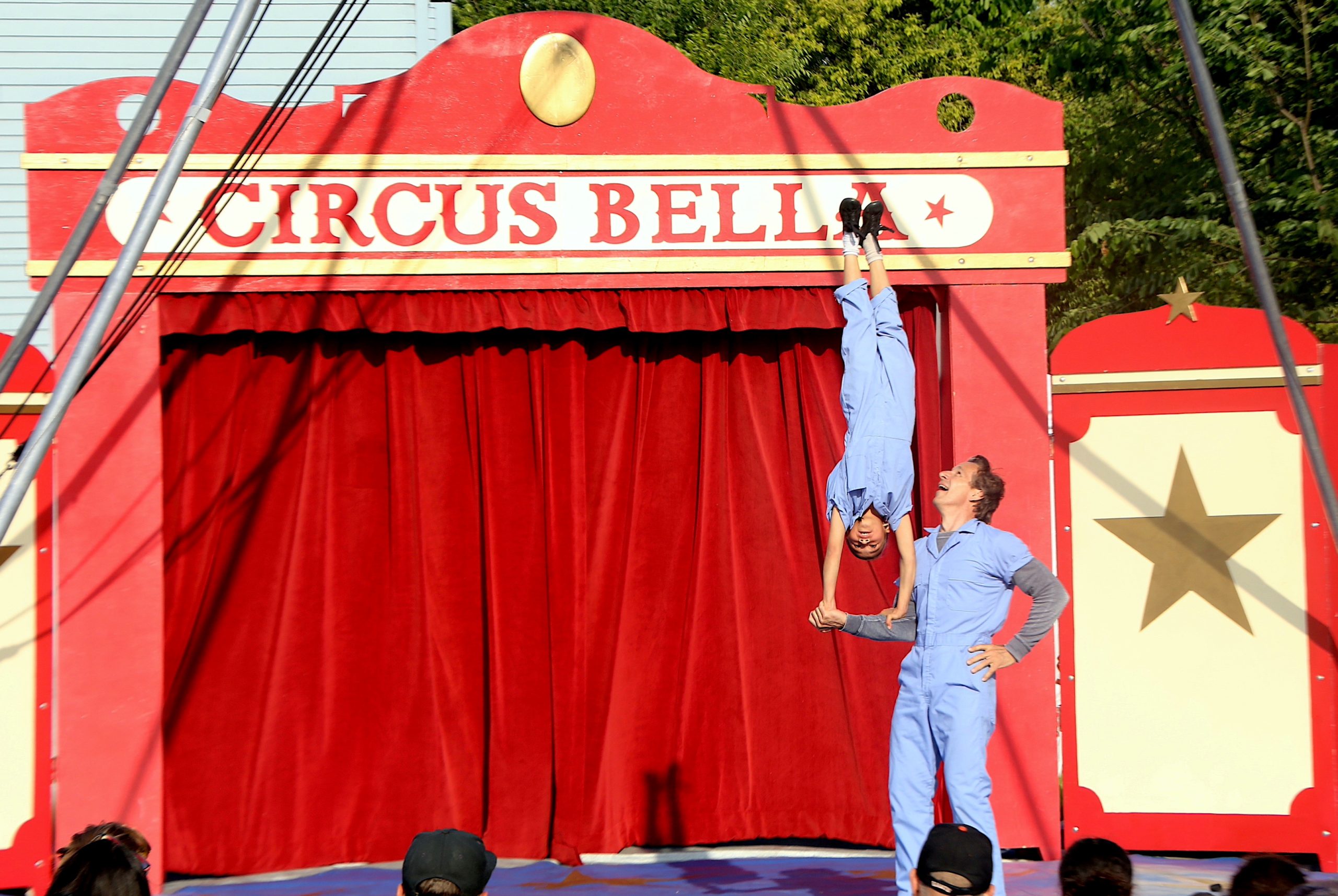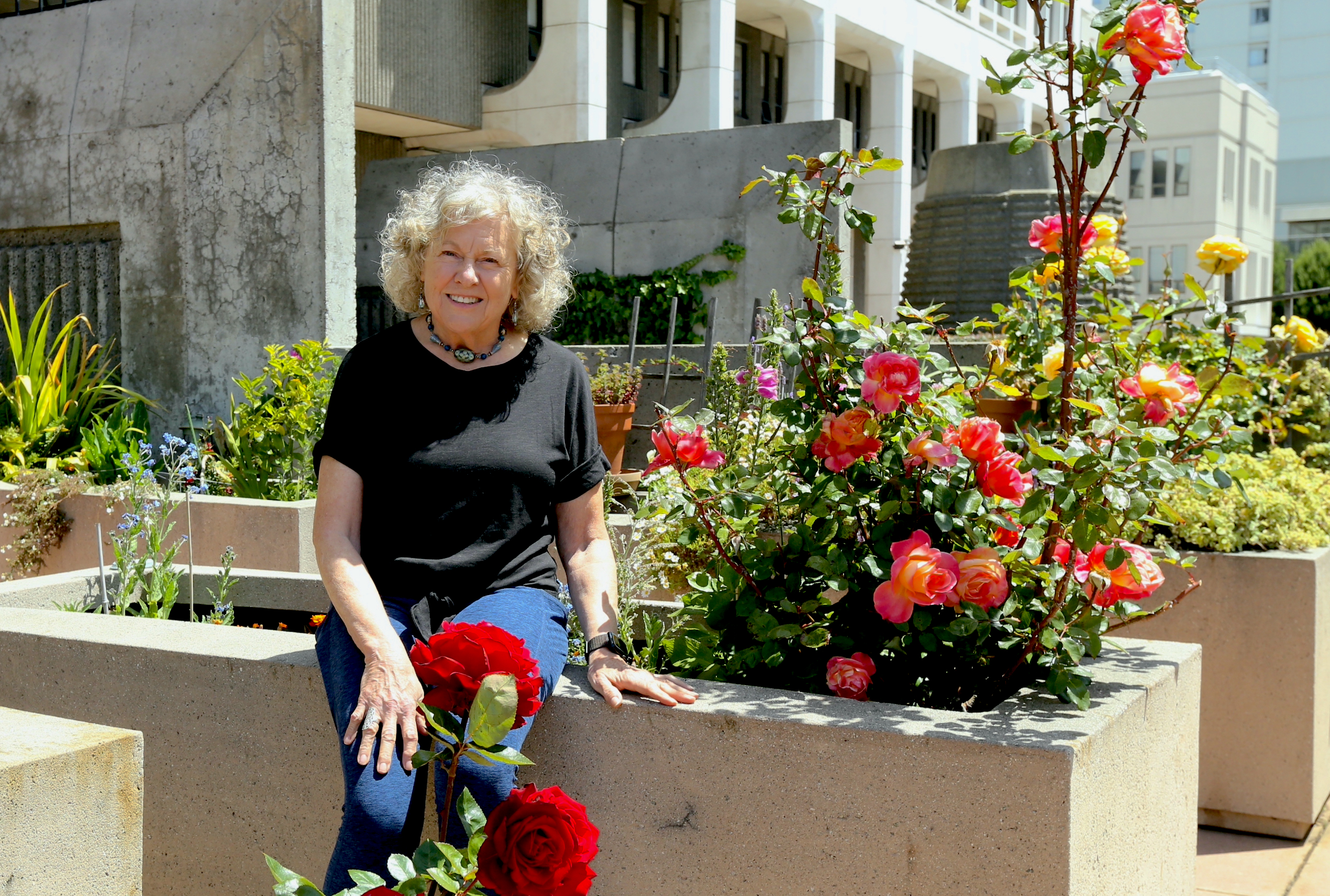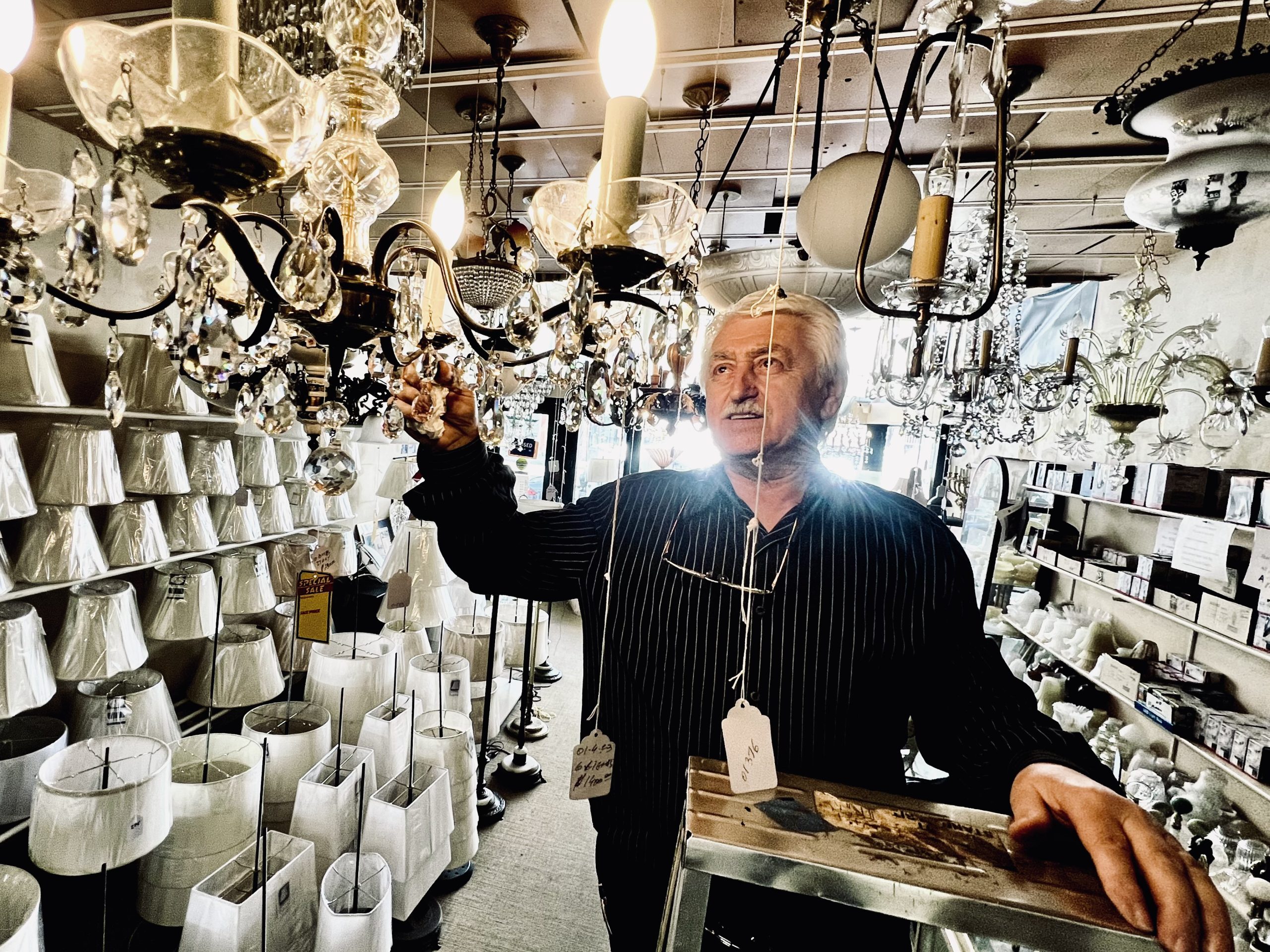Chronicler of ’60s rock still nurturing a passion born at age 5
Richie Unterberger was only a child when the counterculture ‘60s were blossoming. But he had three older brothers who introduced him to the music. By the age of five, he was a Beatles fan, asking for their records at every gift-giving opportunity.
He was seven when Woodstock took place. At eight, he bought his first single, “Hey, Jude.” He was particularly proud of his purchase. “I thought it was really good value,” he said. “It was seven minutes long and had ‘Revolution’ on the B side.” By the age of 11, he owned all the Beatles records.

His family didn’t stand in his way or prohibit any types of music from being played in the house. But he does remember overhearing his mother tell a neighbor that “I was just going through a phase.”
That phase has lasted for 52 years.
In nearly a dozen books, he has documented the ‘60s folk-rock revolution, digging through obscure press cuttings and interviews with engineers, producers and fans to collect little known details, facts and film clips about the counterculture movement’s top bands and music.
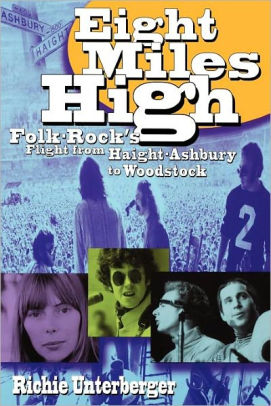
Reliving Woodstock
6-7:30 p.m., Excelsior Works, 5000 Mission Street, San Francisco
Join Richie Unterberger as he takes you on a magical excursion through the ’60s most iconic event, “An Aquarian Exposition: 3 Days of Peace and Music,” 32 acts performed between Aug. 15-18, 1969, on a 600-acre dairy farm near White Lake in Bethel, N.Y.
His books include deep dives into the rock culture, Woodstock and music greats Fleetwood Mac, The Who, Bob Marley, Jimi Hendrix, The Velvet Underground and the Beatles (unreleased music and film), as well as lesser-known ‘60s bands.

Unterberger lectures around the Bay Area on myriad facets of 1960s and ‘70s music. Check out the bulletin board at your local café and you might see posters for “Jews in the Blues,” or “Women in Rock” or “Woodstock Performers: Rare Film Clips.” Or some other favorites: “The Who in Action: from Lifehouse to Quadrophenia” and “How Folk Rock Changed the World.”
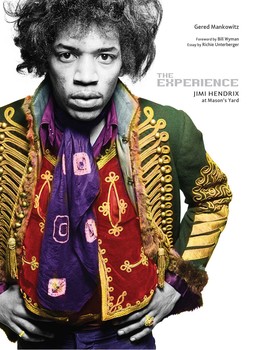
He also teaches Osher Lifelong Learning Institute classes at San Francisco State and the University of California-Berkeley, the Fromm Institute, and the College of Marin, and gives presentations at community centers and branches of the San Francisco Public Library.

His talks are woven around archival audio and video diligently amassed over the years. Content now mostly available on YouTube was traded among friends in the ‘80s, when he began doing book tours. “Collectors began making and exchanging video and audio clips with each other – no cash involved,” he said. As he became known as an expert and a keen collector, he had access to more obscure material.
His love of ‘60s music and writing about music gained steam at the University of Pennsylvania, where he earned a degree in English. He was a disc jockey and program manager for the school’s radio station and after graduating, launched a freelance writing career with record reviews and stories about bands.

He later edited a magazine covering alternative music, traveled and did more record reviews. In 1996, he began writing liner notes for record companies, usually for the re-issue of CDs, with historical material about what had transpired since the music had first been released on vinyl.
His curiosity about his favorite bands led to him to writing about them. “White Light/White Heat: the Velvet Underground Day by Day,” published in 2009, was his first book. The 368-page volume covered recording sessions, record releases, press reviews, interviews with industry insiders and information gleaned from intensive research through rarely accessed documents and recordings. The July 2009 issue of MOJO magazine hailed it as “an impressive means to reflect on the conundrum of what could be the ultimate cult band … detailed and anecdote-packed.”
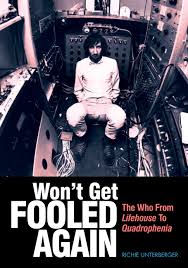
“Won’t Get Fooled Again: The Who, from Lifehouse to Quadrophenia” describes a fascinating period when the band tried to write another rock opera but never matched the success of “Tommy.” Unterberger called Lifehouse “rock’s most spectacular failure.”
Uncovering obscure material lead him into almost clandestine situations. One time, he interviewed a promotion man in a record company where Lou Reed had once worked as a songwriter before the Velvet Underground formed.
“The promo guy told me he had a recording of an unreleased early version of ‘Heroin’ (one of Reed’s most famous and controversial songs), that wasn’t done with a full band and sounded like a folk song. The only way I was able to even hear this tape was, was on a visit to New York, on a cassette he played to me in his car, in a parking lot in Long Island. And I could only hear it once, taking notes while it was playing. But it was important in helping to determine how the song evolved.”

Unterberger’s passion is fueled by more than the thrill of finding obscure video clips. He is driven by the conviction that rock ‘n roll is as significant as other social movements of the ‘60s and ‘70s and hasn’t received the attention it deserves.
Although he was a younger observer, Unterberger said the music and the culture around it touched young people deeply and reflected their lives at a time when there were only three major TV stations and newspapers seldom focused on younger or alternative points of view. Though underground papers mushroomed, they had much lower circulation than the big papers.
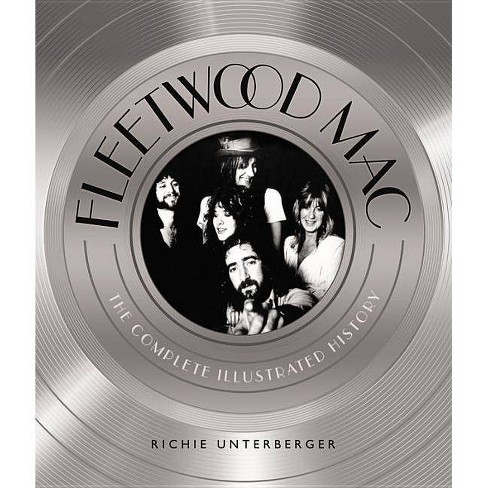
“Records and radio were really the most powerful channel for spreading unusual, innovative ideas – making people feel that they could change their lives and the lives of those around them in positive ways,” he said.
“Before the ‘60s and even the ‘70s to some degree, there were a lot fewer media outlets for young people to express themselves in. These days everybody knows you can have your own blog, your own website, be on social media.

Another aspect of ‘60s and ‘70s music that has been greatly under-valued by historians, he said, is its multiculturalism: African American, Latino, women’s rock and soul music “allowed ethnic minorities and women to express themselves but also to bring people together to protest war and environmental damage and promote civil rights.”
By the mid-‘60s, rock music was ubiquitous. You could hear it on the radio 24 hours a day. “It was the soundtrack of people’s lives,” he said. And it was pure capitalism that helped it happen. “Not every radio programmer loved rock music but it was played all the time” in between Frank Sinatra and easy listening, he said. “Rock was making a lot of money for the radio stations and record companies despite the fact that much of the music assailed the status quo.”
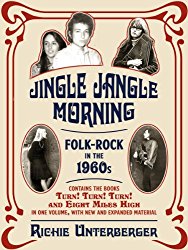
Asked how he would compare that music to today’s, he said, “I’m a music historian, specializing in pre-1980s rock. I don’t hear much contemporary music anymore. I’m just not too interested in it. While I think music was more powerful and creative in rock’s early days, I don’t dwell on it. There was so much good music made then that I’m a lot more interested in celebrating it than lamenting its absence now or comparing it to what’s happening now.”
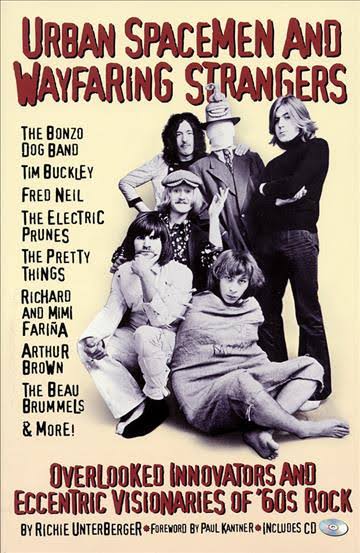
Although he was a generation behind the flower children, he has carried its passions and its ethos throughout his life. He’s been a vegetarian for 40 years, rides a bike for transportation, has travelled to nearly 40 countries, including Rishikesh, India, where the Maharishi instructed the Beatles in transcendental meditation, and is co-author of a book on sustainable living.
So if you like your rock history underlaid with social and economic context, and laced with primary sources like vintage film and audio clips, check Richie Unterberger’s schedule of lectures and courses, on his website. Scroll past the book reviews to get to “Events.” Some upcoming talks:
On Aug. 7, in the 50th year since Woodstock, he’ll be talking about that iconic music cultural event – with video and music – at Excelsior Works, 5000 Mission Street..
On Sept. 11, 6-7:30 p.m. – Unterberger guides you through San Francisco rock music photography in the late 1960s and early 1970s. Event is in association with the library’s exhibit “Backstage Pass: Baron Wolman and the Early Years of Rolling Stone.” Wolman was the magazine’s chief photographer from 1967 to 1970. At the San Francisco Main Library, Latino Room, 100 Larkin St.
On Sept. 18 from 6:30-8:30 p.m. – Vintage folk-rock film clips from the 1960s. a visual complement to my two-part history of 1960s folk-rock, “Turn! Turn! Turn!” and “Eight Miles High.” Included will be footage of the Byrds, Bob Dylan, Donovan, Simon & Garfunkel, Love, Joni Mitchell, Neil Young, the Lovin’ Spoonful, Richard & Mimi Farina, Pentangle, Leonard Cohen, Tim Buckley, the Youngbloods, Judy Collins and others. At the Eureka Valley Branch of the San Francisco Library, 1 Jose Sarria Court (near 16th & Market).


